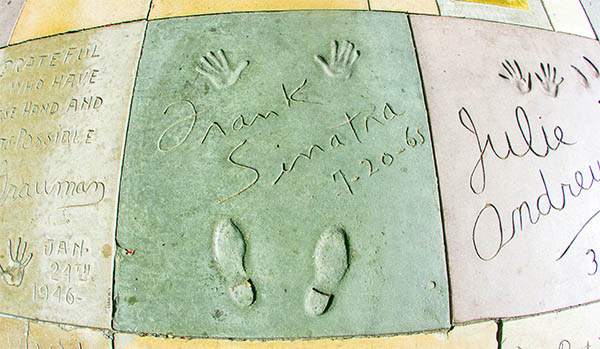Pete Hamill’s bestseller, Why Sinatra Matters, is not so much about a person, but about a time. Read it and you’ll have a better understanding of how we all became America. – RHW
“‘I’d be in the bus, and the guys’d be sleeping or drinking or talking,’ he said once. ‘And I’d look out the window and see these houses with the lights on and wonder how they all lived. The houses looked warm. Safe. You know, normal. I was still a kid, but I knew that it was too late for me to have that kind of life.’ – Frank Sinatra, remembered by Pete Hamill in Hamill’s Why Sinatra Matters, p.116
Sinatra’s unmet need to feel that he belonged somewhere was not unusual among celebrities of his generation. Perhaps it’s not unusual among celebrities of any generation.
In 1980, journalist James Bawden interviewed movie legend Cary Grant, whose real name was Archie Leach and who had started his career the hard way — in vaudeville:
“BAWDEN: What was your life like in vaudeville?
“GRANT: As tough as anything. We’d work up to six performances a day and go on the all-night train to the next destination. Had to sleep in the coach car. Three or four of us would bunk in a single room. Meals were cans of beans heated on radiators. You’d wash clothes in the bathtub. I was a stilt walker. That was my specialty. But I also performed in comedy skits. When the troupe returned to England, I decided to stay [behind]. There was more promise of jobs in the U.S. and Canada.
“BAWDEN: It was a lonely life?
“GRANT: On the night trains, I’d look into the windows of the houses along the way and see people living ordinary lives. That was my goal. To live in my own home.”
– from Conversations with Classic Film Stars
by James Bawden and Ron Miller, as published by DelanceyPlace.com
